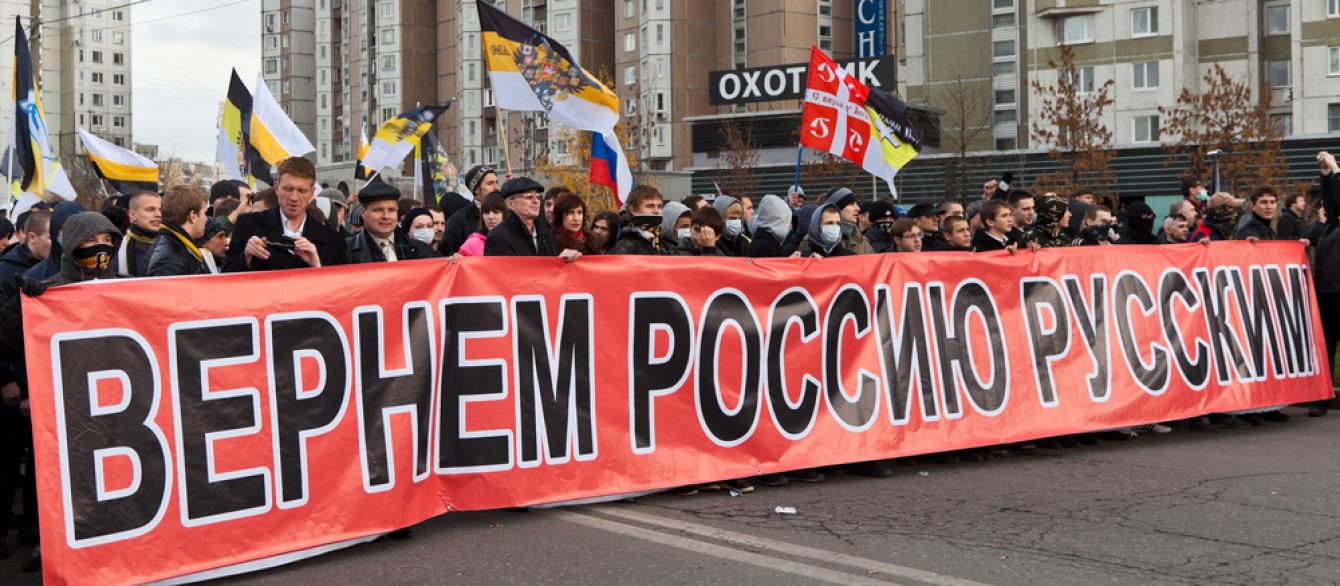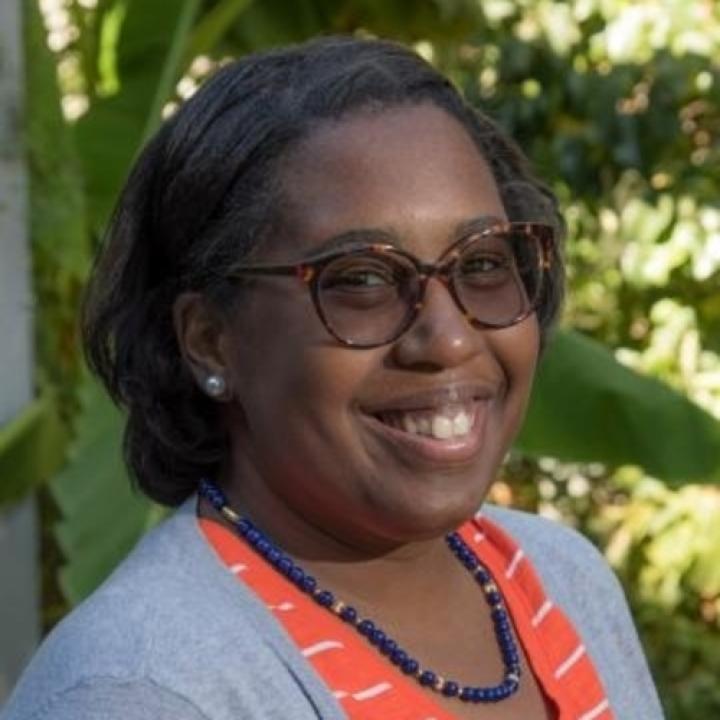Editor's note: This is an excerpt from a longer article published by New Lines Magazine. For a very different perspective on the politician, see REECA student Polina Galouchko's reflections on Navalny and the struggle between hope and despair.
When Russian opposition leader Alexei Navalny died (read: was murdered), most of the world’s reaction focused on his ability to counter President Vladimir Putin’s authoritarian regime. Some of it bordered on hagiography. But amid the maelstrom of appreciation, there were also dissenting voices, many from Ukraine, the Caucasus, and Central Asia, that offered more nuance.
They condemned Navalny’s Feb. 16 death in prison as a political murder while also recognizing how the forgotten or overlooked nationalism of his politics negatively affected them. At various points, Navalny was a staunch Russian nationalist who engaged in far-right discourse as well as a crusader against Putin’s violent regime. These two facets of Navalny are not mutually exclusive. They rather shed light on how he managed to build a dedicated and relatively large — at least for Russian opposition groups — supporter base as his political career grew in the late 2010s.
To be sure, the Navalny who took the West by storm articulated a political opposition rooted in anti-corruption rather than ethnic cleansing, and last year he sought to clarify his controversial views on Ukraine — although many Ukrainians felt it was too little, too late.
The “Crimea question,” of whether the annexed peninsula is Ukrainian or Russian, had dogged the resistance hero ever since the region was seized by Moscow 10 years ago. When pressed in an interview with a Russian journalist about the illegal occupation in 2014, Navalny replied, “Is Crimea some sort of sausage sandwich to be passed back and forth? I don’t think so.” His response outraged Ukrainians, who often see the annexation as an embodiment of Russian imperialist views on Ukraine.
At the start of 2021, Navalny returned to Russia from Germany, where he was recovering after being poisoned by Russian authorities, and was immediately arrested and thrown into jail. Addressing his arrest at the time, Ukrainian Foreign Minister Dmytro Kuleba supported his release but also emphasized that if Navalny did one day become Russian president he would “have to give back the sandwich,” and noted that Navalny would have to apologize for Russia’s annexation of the peninsula.
Last year, Navalny sought to change his stance on Ukraine when he issued a 15-point manifesto for the country, including using oil and gas profits to pay reparations for the damage Russia has caused. But its title, “15 Theses of a Russian Citizen Who Desires the Best for Their Country,” raised Ukrainian eyebrows for highlighting how Putin’s expansionist quest harmed Russians.
Shortly after his sudden death in prison in the Arctic Circle, some Central Asians took to social media to complain about the vigils being set up at memorials to those who died in the 1932-1933 Soviet famine, seeing it as disrespectful to honor Navalny at sites dedicated to people he denigrated. […]
It is worth exploring how Navalny’s nationalism often embraced positions that have become central to Putin’s espoused beliefs. Until at least 2014, Navalny, who had Russian and Ukrainian heritage, would state that he viewed Russia, Ukraine, and Belarus as one people of shared culture, denying both Moscow’s oppressive history and the countries’ distinct identities. The idea of a veritable Eastern Slavic trinity of Russia-Ukraine-Belarus is gospel for Putin, and was part of the Russian leader’s justification for invading Ukraine.






